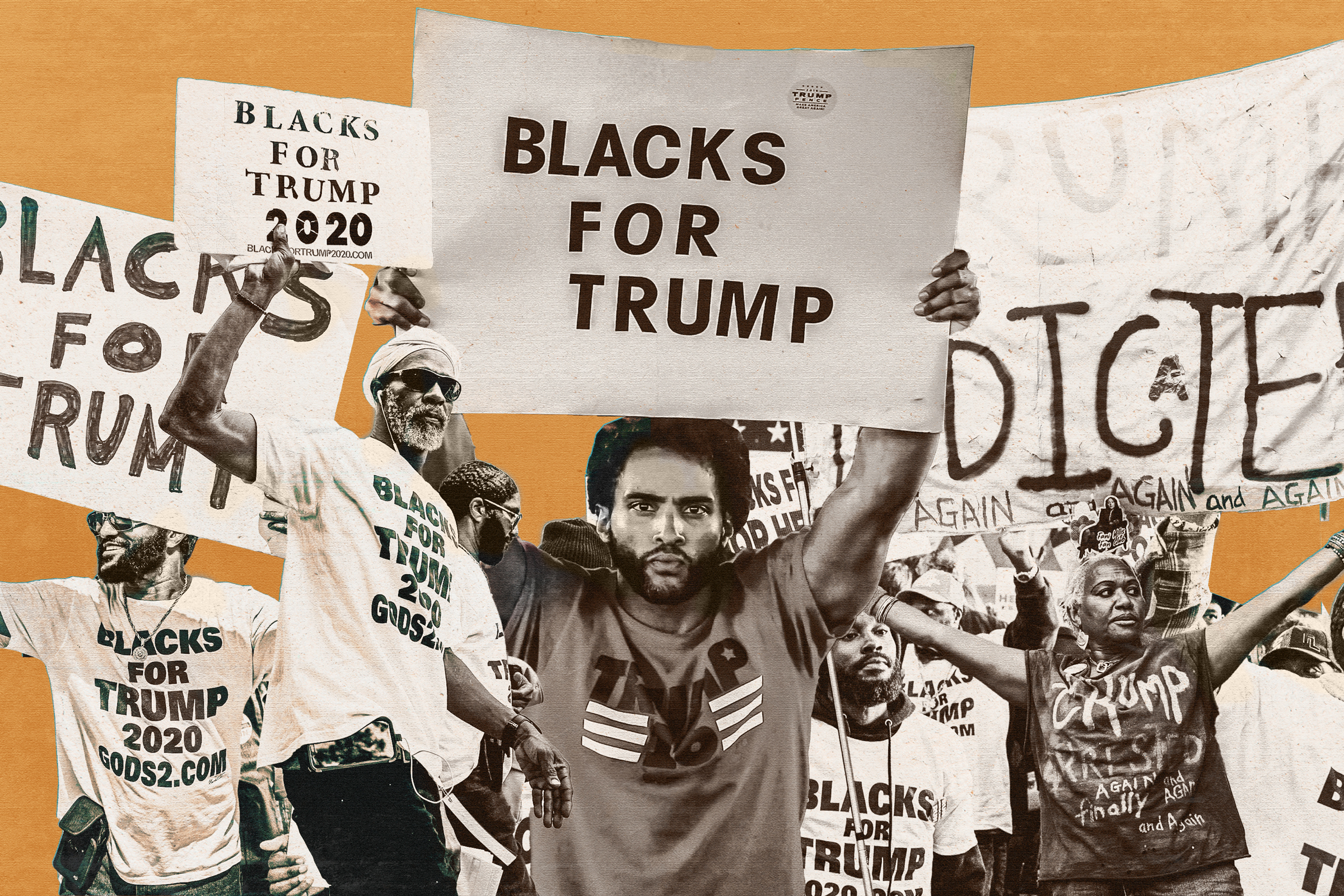Fearing backlash, some black people feel they can only whisper, “I’m voting for Trump.”
But others are becoming louder and prouder in voicing support for former President Donald Trump.

Fearing backlash, some black people feel they can only whisper, “I’m voting for Trump.”
But others are becoming louder and prouder in voicing support for former President Donald Trump.